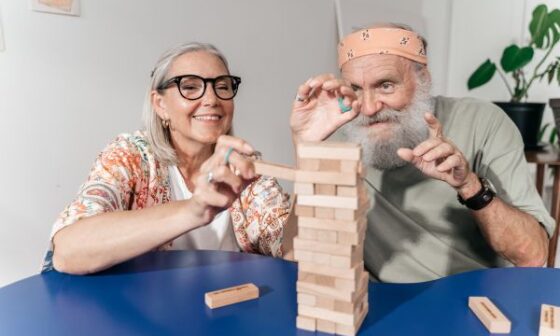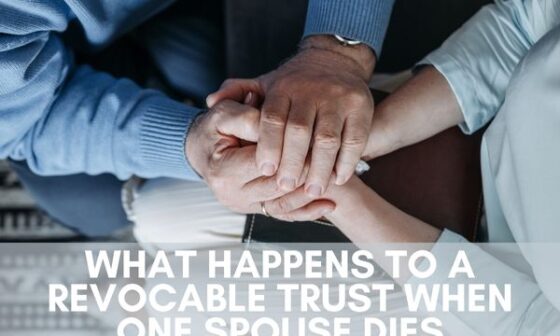In the realm of adoption, where countless children yearn for loving and stable homes, the eligibility of gay couples to adopt has been a subject of ongoing debate and controversy. At the heart of this discussion lie deeply ingrained societal prejudices and stereotypes.
However, it is crucial to critically examine the reasons often cited against allowing gay couples to adopt and challenge the misconceptions that underpin these arguments. By delving into the core of this topic, we can shed light on the importance of recognising the adoption rights of gay couples and dismantling the barriers that hinder them.
In this article, we will navigate through the complexities surrounding this issue and uncover the reasons why gay Couples should not be allowed to adopt This is unjust and ultimately detrimental to the well-being of both children and society as a whole.
Reasons Why Gay Couples Should Not Be Allowed To Adopt
Adoption is a significant decision that allows loving couples to provide a stable and nurturing environment for children in need. However, when it comes to gay couples seeking to adopt, there are ongoing debates and controversies surrounding their eligibility. Let’s delve into the reasons why it is essential to recognise the adoption rights of gay couples.
Understanding Adoption by Gay Couples
Adoption is the legal process through which individuals or couples assume parental responsibilities for a child. It is a means of providing a loving and supportive home to children who may not have stable family environments.
Gay couples, like any other couple, express the desire to create families through adoption. Their commitment to parenting and providing a safe, nurturing, and supportive environment should be acknowledged and respected.
It is essential to understand that sexual orientation does not determine one’s ability to be a loving and capable parent.
Challenging Stereotypes and Prejudices
One of the primary reasons used to argue against gay couples adopting is based on stereotypes and prejudices. These biases often stem from misconceptions, ignorance, and outdated beliefs.
There is a common misconception that children raised by gay couples may face negative social, emotional, or psychological consequences.
However, it is crucial to challenge these stereotypes and recognise that a person’s sexual orientation does not determine their ability to be loving and capable parents. What truly matters is the love, care, and stability that a couple can provide for a child.
Research on the Welfare of Children
Extensive research studies have been conducted to examine the outcomes of children raised by gay couples. The findings consistently indicate positive outcomes in various areas of development, including emotional well-being, academic performance, and social relationships.
For example, a comprehensive study published in the Journal of Marriage and Family found that children raised by same-sex couples had similar levels of social, emotional, and academic well-being as children raised by different-sex couples.
Moreover, reputable professional organisations, such as the American Psychological Association, the American Academy of Paediatrics, and the National Association of Social Workers, have all endorsed the ability of gay couples to provide a nurturing environment for children.
These organizations have reviewed the available research and concluded that children raised by gay couples do not experience any disadvantages compared to those raised by heterosexual couples.
Legal Recognition and Equality
Society has made significant progress in recognising and acknowledging same-sex relationships legally. Marriage equality has been established in many countries, granting gay couples the same rights and responsibilities as heterosexual couples.
Denying gay couples the right to adopt contradicts the strides made towards inclusivity and acceptance. Legal recognition of same-sex relationships strengthens the case for allowing gay couples to adopt by affirming their equal standing in society and reinforcing the principle of equality under the law.
Overcoming Discrimination and Stigma
Despite the progress in legal recognition, discrimination and stigma still persist, impacting the adoption process for gay couples. Discriminatory practices can hinder their ability to provide a loving home to children in need.
It is important to challenge discriminatory attitudes and ensure that adoption policies are based on the best interests of the child rather than the sexual orientation of the prospective parents.
By promoting fairness, inclusivity, and non-discrimination, we can create an environment where all couples, regardless of their sexual orientation, are given equal consideration in the adoption process.
Moreover, it is worth noting that many countries and jurisdictions have successfully allowed gay couples to adopt without any negative consequences.
For example, countries like Sweden, the Netherlands, and Canada have recognised the rights of gay couples to adopt for years, with no evidence of harm to the children involved.
These examples demonstrate that society can move beyond discriminatory barriers and focus on the best interests of children when determining eligibility for adoption.
Conclusion
The reasons often cited against allowing gay couples to adopt are rooted in stereotypes, prejudices, and outdated beliefs. Extensive research consistently demonstrates positive outcomes for children raised by gay couples, and reputable professional organisations endorse their ability to provide a nurturing environment.
Legal recognition and equality further support the adoption rights of gay couples. Overcoming discrimination and stigma is crucial for creating an inclusive society that focuses on the best interests of children. Denying gay couples the right to adopt is both unjust and counterproductive.
It is time to recognise and embrace the love, commitment, and parenting capabilities of gay couples seeking to adopt.
FAQs about gay couples and adoption:
Are there any studies that prove gay couples can provide a loving and nurturing environment for children?
Yes, numerous research studies have shown that children raised by gay couples fare just as well as those raised by heterosexual couples, with positive outcomes in various areas of development.
Are there any reputable organisations that support the adoption rights of gay couples?
Yes, professional organisations such as the American Psychological Association and the American Academy of Paediatrics endorse the ability of gay couples to provide a nurturing environment for children.
Does legal recognition of same-sex relationships impact the adoption rights of gay couples?
Yes, legal recognition of same-sex relationships, including marriage equality, has helped pave the way for equal adoption rights for gay couples in many countries.
Do discriminatory practices still exist against gay couples in the adoption process?
Unfortunately, discriminatory practices and biases can still pose challenges for gay couples seeking to adopt, hindering their ability to provide a loving home to children in need.
Why is it important to recognise the adoption rights of gay couples?
Recognising the adoption rights of gay couples promotes equality and inclusivity and ensures that the best interests of children are prioritised over sexual orientation.







